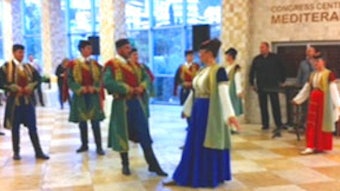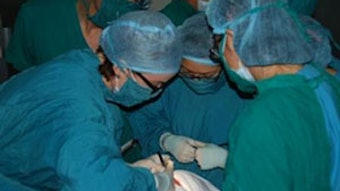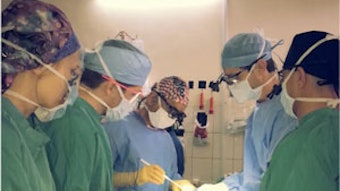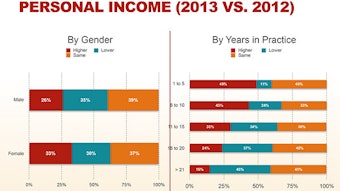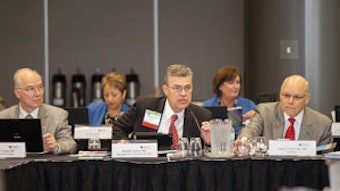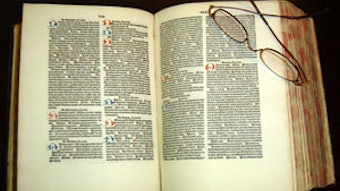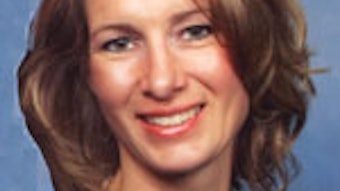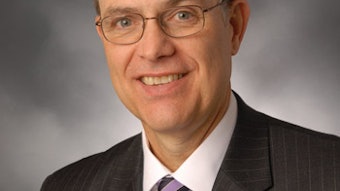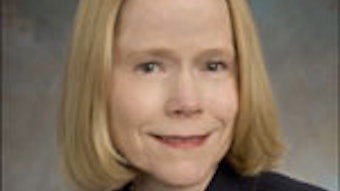New 2015 CORE Grant Honors Bobby R. Alford, MD
In 2010, friends of Bobby R. Alford, MD, and many of his past residents came together to honor Dr. Alford’s lifelong contributions to the specialty by establishing an endowment to support an AAO-HNSF CORE grant. This CORE grant will support innovative research in the specialty and help facilitate the career development of young investigators. This mentored research award is intended to lead to improved understanding of the cause or outcomes or to novel treatments for diseases and disorders within the realm of otolaryngology-head and neck surgery. Bobby R. Alford, MD’s dedication to the specialty of otolaryngology is evidenced by his accomplishments in patient care, education, and research at the department named in his honor at Baylor College of Medicine. His commitment to education and the training of otolarygologists has led to an amazing legacy. Since 1962, the department Dr. Alford chaired from 1967 to 2010 has trained more than 250 residents and fellows. Many have gone on to have academic positions, including 30 who have become full professors and 16 who have become, or are currently, department chairs. Dr. Alford believed strongly in the link between research and patient care, as well as the benefits of cooperation between the specialties of the neurosensory systems. He therefore played a significant role in the creation and development of the Neurosensory Center of Houston for The Methodist Hospital and Baylor College of Medicine, which opened in 1977. It was specifically established to promote the educational, research, and clinical objectives and needs of the clinical neurosciences. In this same vein, Dr. Alford also advocated for a close relationship between otolaryngology and audiology and encouraged joint research. Dr. Alford’s own research endeavors resulted in the publication of more than 140 scientific papers, including seminal work in the several areas of otolaryngology. His efforts to encourage cross-disciplinary research also led to his involvement with U.S. space programs ultimately resulting in the formation of the National Space Biomedical Research Institute established by NASA in 1997, of which he served as its initial CEO. This consortium of 12 institutions continues to lead a national effort to conduct the biomedical research necessary to support long-term human presence, development, and exploration of space and to enhance life on Earth by applying the resulting advances in human knowledge and technology.
In 2010, friends of Bobby R. Alford, MD, and many of his past residents came together to honor Dr. Alford’s lifelong contributions to the specialty by establishing an endowment to support an AAO-HNSF CORE grant. This CORE grant will support innovative research in the specialty and help facilitate the career development of young investigators. This mentored research award is intended to lead to improved understanding of the cause or outcomes or to novel treatments for diseases and disorders within the realm of otolaryngology-head and neck surgery.
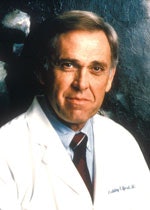 Bobby R. Alford, MD
Bobby R. Alford, MDBobby R. Alford, MD’s dedication to the specialty of otolaryngology is evidenced by his accomplishments in patient care, education, and research at the department named in his honor at Baylor College of Medicine.
His commitment to education and the training of otolarygologists has led to an amazing legacy. Since 1962, the department Dr. Alford chaired from 1967 to 2010 has trained more than 250 residents and fellows. Many have gone on to have academic positions, including 30 who have become full professors and 16 who have become, or are currently, department chairs.
Dr. Alford believed strongly in the link between research and patient care, as well as the benefits of cooperation between the specialties of the neurosensory systems. He therefore played a significant role in the creation and development of the Neurosensory Center of Houston for The Methodist Hospital and Baylor College of Medicine, which opened in 1977. It was specifically established to promote the educational, research, and clinical objectives and needs of the clinical neurosciences. In this same vein, Dr. Alford also advocated for a close relationship between otolaryngology and audiology and encouraged joint research. Dr. Alford’s own research endeavors resulted in the publication of more than 140 scientific papers, including seminal work in the several areas of otolaryngology.
His efforts to encourage cross-disciplinary research also led to his involvement with U.S. space programs ultimately resulting in the formation of the National Space Biomedical Research Institute established by NASA in 1997, of which he served as its initial CEO. This consortium of 12 institutions continues to lead a national effort to conduct the biomedical research necessary to support long-term human presence, development, and exploration of space and to enhance life on Earth by applying the resulting advances in human knowledge and technology.
